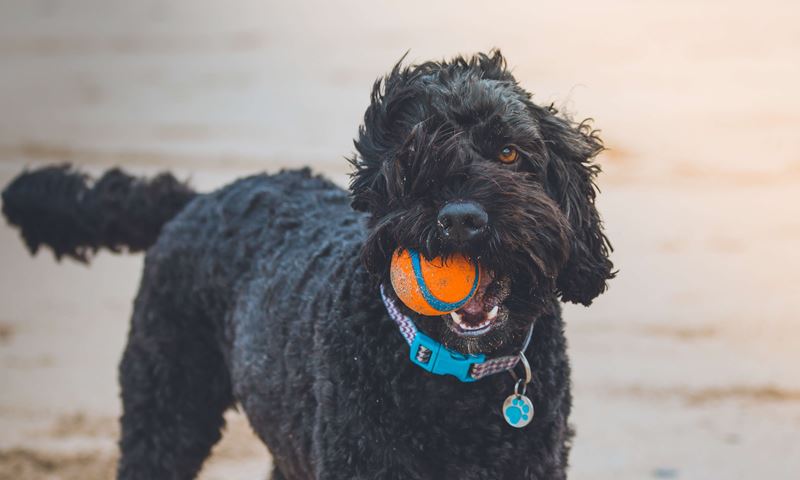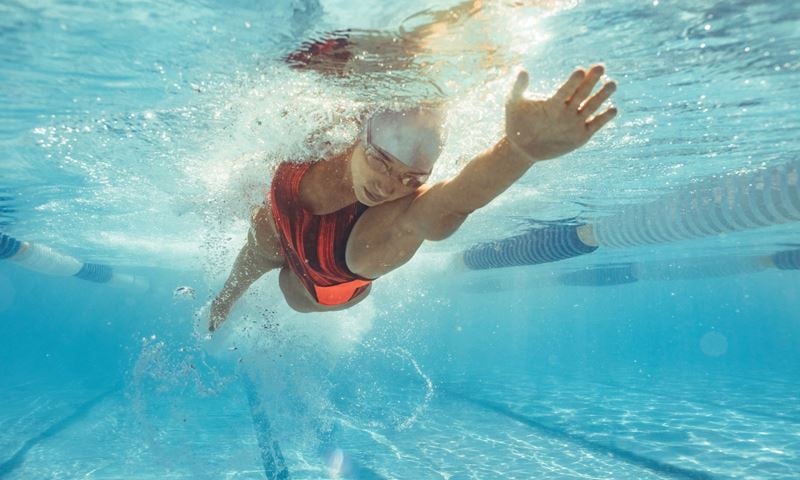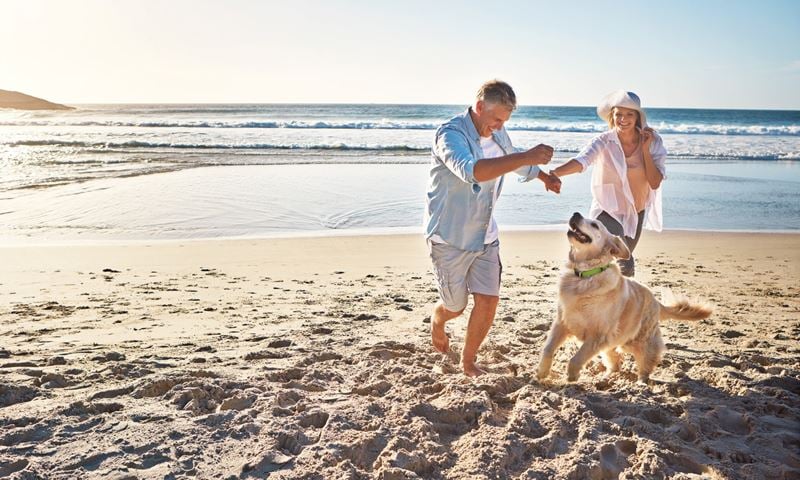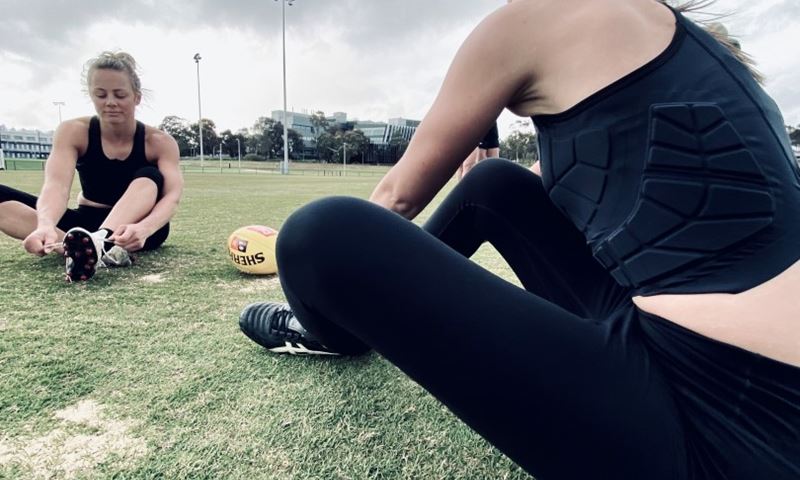Ever struggled to find a workout partner? Or organise a walking group where people can’t commit to a time? Maybe you should get a dog.
 Big exercise, much wow
Big exercise, much wow
Man’s best friend is also his/her best exercise buddy, because no dog ever cancelled on you last minute or got put off by a little rain. Dog owners are 34% more likely to get their appropriate weekly exercise than those without a pooch. A dog brings energy and enthusiasm to a task that often feels like a slog and dogs can also teach us a thing or two about treats.
Here are our favourite three exercises you can do with your dog.
1. Running
Naturally going for a run tops the list. You can do it anywhere, anytime, and it provides a full body workout that has kept humans in shape for millennia. Where your dog can help with this is in keeping you in routine. Once they adapt to a morning run, they’ll be sure to remind you if you ‘forget’. It’s easy to stay motivated when you can’t say no to that face.
2. Stair climbs
The dreaded stair climb can be made a lot more tolerable with a little friend by your side. Despite having four legs, stair climbs are just as good a workout for your pup, and excellent for strengthening their shoulders and hips. Just be careful if you have them on a leash; some dogs like to rush downstairs and can forget that they’re still attached to you.
3. Visit the dog park
This one may feel like a cop out but being social is just as important for your dog as it is for humans. They will get plenty of exercise while you get to meet other dog owners, and there’s usually a kid throwing a ball so you don’t have to. Dog beaches are also great if your pup loves the water.
If you don’t own a dog, think about walking one from a shelter. There are plenty of shelters that would love the help, and helping an anxious dog learn to adapt to new people might be all it takes to find them a home.
Doing it for the kids
1 in 4 Australian children are considered overweight. So, having a pet that keeps them active is a huge benefit that can take the weight off your shoulders in more ways than one.
If you’ve ever struggled to distract your child from their devices, try dropping a puppy in their lap. See if they can resist.
Most kids (most) will naturally play with dogs and begin exercising without even realising it. It’s the equivalent of hiding their broccoli inside a meatball.
Of course a child’s age comes into the equation. Introducing a puppy to a toddler so that they grow up together can be great for physical health, but remember that young dogs and young humans can’t always be trusted to behave sensibly. If you have a young dog, ensure that they have a crate/mat/quiet place that they learn to use so that they aren’t constantly excited. And that’s not a bad tip for kids as well.
More than the exercise benefits, exposure to pets has been found to improve immune system development in children, lowering their likelihoods of developing allergies. The psychological benefits range from increased trust and self-confidence through to greater empathy for others. And for children with conditions like autism, animal companions are fantastic at reducing stress and developing rapport with therapists.
 Teaching old dogs new tricks
Teaching old dogs new tricks
Dogs aren’t just great for kids, if you’ve been to an aged care home recently you might have noticed a four-legged friend wandering around.
This is because a visit from a friendly dog can not only lower blood pressure but reduce cortisol (the stress hormone) and boost serotonin (the feel good hormone) to improve overall mental health.
And even if aged care homes are still a distant dot on the horizon for you, the benefits remain the same. Companionship, exercise, even a toothy smile can all make a difference to our mental health and dogs give them out for free.
Animals for everyone
So if you’re thinking of getting a dog, or thinking your dog is looking a bit chubby, or just need a better excuse to get one, don’t wait. The benefits are there.
A new life for everyone
If you’re thinking about introducing a dog into the family, adopting is the way to go! Give a pet a second chance and find a new best friend. Adoption centres generally provide vet checks, treatments, vaccinations, de-sexing and microchipping and provide support and guidance when rehousing a pet.



